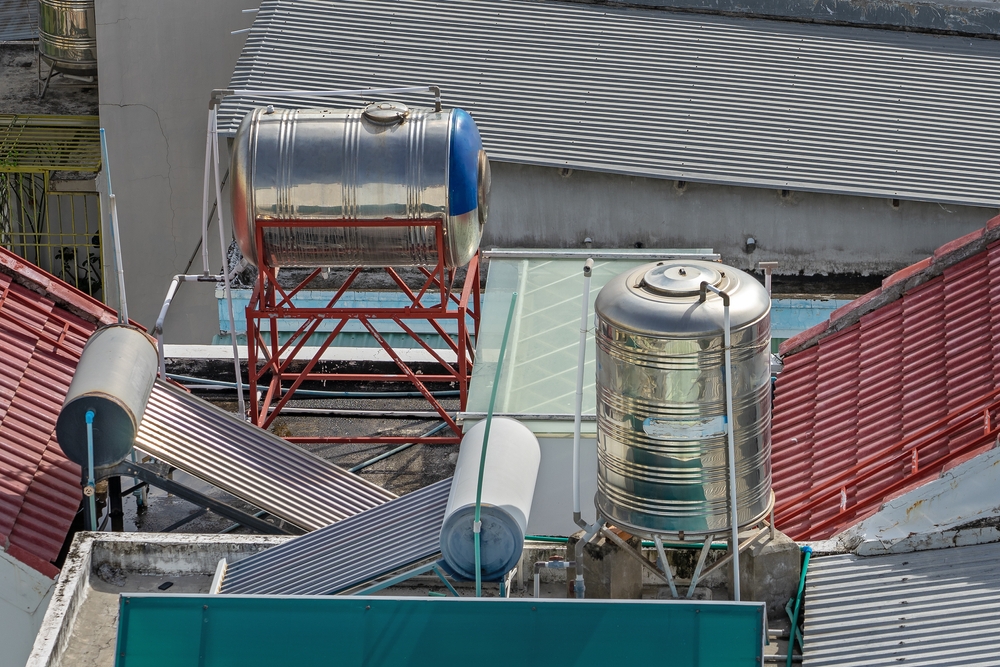What is a steam boiler?
A steam boiler is a heating system that produces steam, and it is a heat exchanger that generates steam for outdoor use and has a combustion chamber and water tank. Different types of steam boilers include both tiny and large ones
for more demanding tasks.
A steam boiler installation Malden can benefit you a lot if you get it done by a professional. A steam boiler burns fuel to heat water, and the combination of heat and water creates steam. Three types of heat are used to generate steam: radiation, convection, and conduction.
Types of steam boilers
The boilers vary in size, fuel, and dimensions depending on the industry in which it is used and the task for which it is designed. Fuel types include electricity, wood, natural gas, coal, and fossil fuels.
The difference between fuels lies in their cost, respect for the environment, and efficiency. As the demand for electricity and power generation has increased, alternative fuels have been developed, including biomass and garbage or garbage.
Steam boiler Types of boiler
Hot water boilers
Hot water boilers are stainless steel, cast iron, aluminum, and steel and can withstand high temperatures and pressures. The types of hot water boilers are defined by their piping systems, fire, or water. Tubular water boilers have water in the tubes that circulate when the tubes are heated.
Electric boiler
Electric boilers are a clean and environmentally-friendly system, as there is no fuel to burn. Electric boilers are more durable, require less cleaning, and require no maintenance. The only factor that needs to be controlled with electric boilers is the build-up of lime in the water tank.
Gas boiler
Gas steam boilers run on natural gas or propane and are more efficient than standard boilers. The fuel for a gas boiler is fed to the boiler from an external source connected directly to the boiler. The distribution of heat with a gas boiler depends on its configuration.
Gas Boilers
The power and output of a high-pressure steam boiler are generated by a pump that pushes the steam into the circulatory system at high pressure. For safety and efficiency reasons, high-pressure steam boilers are periodically monitored to determine the generated pressure and temperature.
oil boiler
The oil steam boiler works on the same principles as gas boilers; oil is ignited in the combustion chamber instead of gas. The burning oil heats the heat exchanger, which heats the water. Oil steam boilers can achieve efficiency greater than 90%.

Although they are more expensive than gas steam boilers, they usually have twice the life of a gas boiler. One problem with oil boilers is the need for an internal or external oil tank filled regularly to ensure a constant fuel supply.
Water-tube boiler
Water-tube boilers direct the water through the tubes of the boiler. This boiler design generates high-pressure steam through tangential pressure in the tubes, known as hoop stress; Pressure is exerted on the walls of the pipes and is like the load put on the straps of a wooden barrel when filled. Leak repair Malden MA can be done by the professional who is installing boilers.

